Where are all the conservative university professors?
The answer lies in the origins of the humanities and social sciences

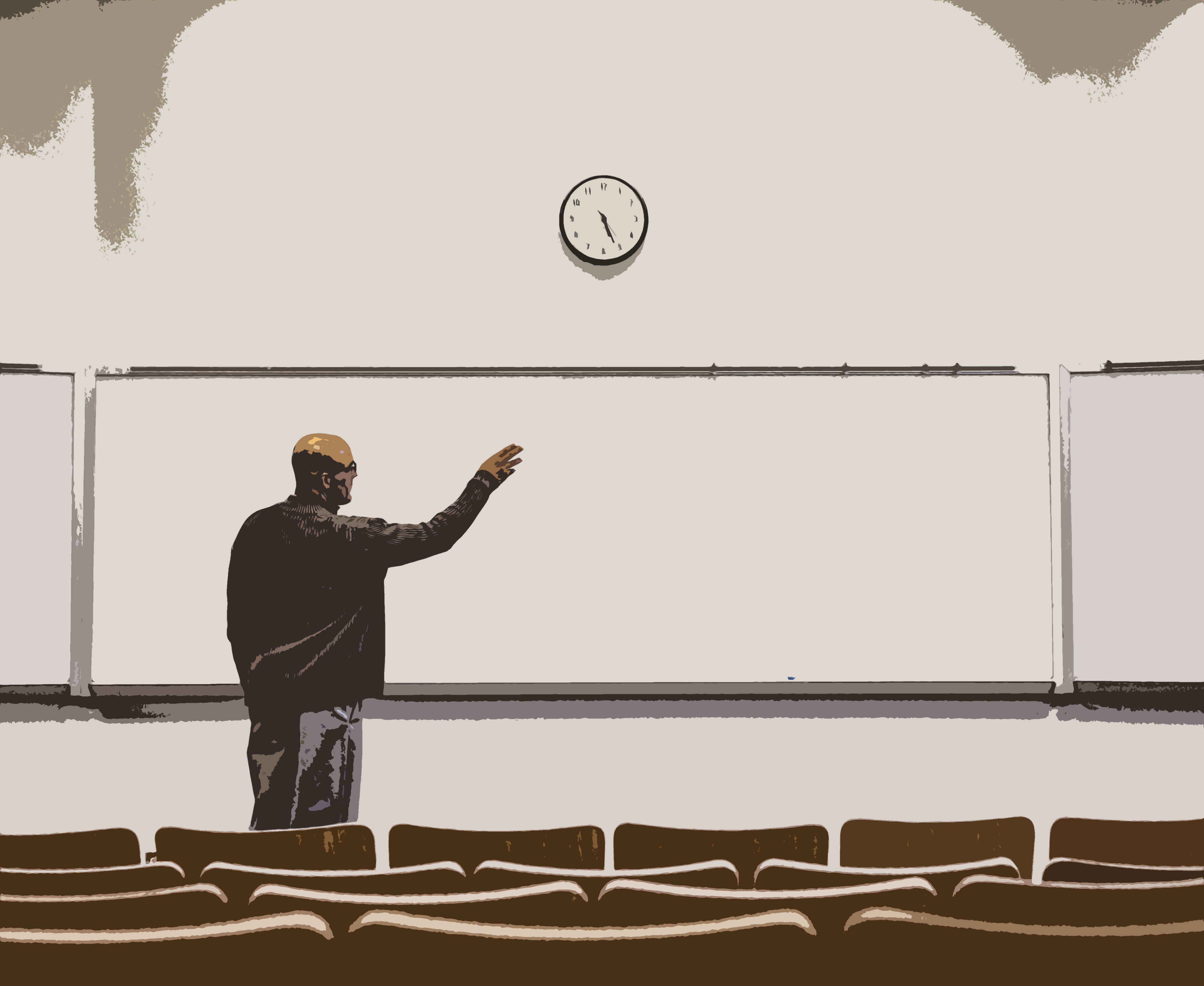
A free daily email with the biggest news stories of the day – and the best features from TheWeek.com
You are now subscribed
Your newsletter sign-up was successful
College professors are overwhelmingly liberal. You know it. I know it. Everyone knows it.
Studies document it, anecdotes confirm it, and the right decries it. College campuses are places where the ideological gamut typically runs from liberal Democrat to Maoist, with a whole bunch of postmodern cynics in the middle and often not a single conservative in sight.
Well, okay, not all campuses — and not even all schools and departments at top research universities. Business schools and medical schools tend to be much more ideologically diverse and sometimes even slanted to the right. The same is sometimes true of engineering schools, and often economics departments, too. When people describe universities as homogeneously left-wing, they're mainly talking about the humanities, most of the social sciences, and many (though not all) law schools.
The Week
Escape your echo chamber. Get the facts behind the news, plus analysis from multiple perspectives.

Sign up for The Week's Free Newsletters
From our morning news briefing to a weekly Good News Newsletter, get the best of The Week delivered directly to your inbox.
From our morning news briefing to a weekly Good News Newsletter, get the best of The Week delivered directly to your inbox.
But here's my question: What's behind the apparent bias? Is it merely a matter of leftists hiring the like-minded and excluding those who dissent from the party line? No doubt, that's part of it. But I think the story is also far more complicated. And this complication makes it very unlikely that simple calls for hiring more conservatives on the grounds of fairness or diversity will make a meaningful difference in rectifying the ideological imbalance.
Consider this: The humanities and social sciences (the liberal arts) derive from two traditions — neither of which is straightforwardly compatible with the way many contemporary conservatives view higher education. The deepest source of the liberal arts is the medieval university, which was divided into distinct disciplines (or departments) of learning: theology, law, and medicine. This model was expanded into the rudiments of the modern university in the early 19th century by the Prussian philosopher Wilhelm von Humboldt, who championed academic freedom for scholars to conduct specialized research in a wide range of discrete fields. The aim of this research was both to expand the boundaries of knowledge and to disseminate it among the citizenry to create well-rounded, autonomous individuals.
This was an ideal derived and adapted from the mainstream of the 18th century German Enlightenment. But as the university developed, it also absorbed ideas from more radical streams of the French Enlightenment, which defined the pursuit of knowledge in terms of a sharp break from the prejudices of the present and past.
These two visions of the university intertwine on most American college campuses today. Professors in the humanities and social sciences engage in highly specialized research, attempting to push knowledge into new areas — and many view this effort as a project that involves and requires liberating individuals from the dead weight of received prejudices.
A free daily email with the biggest news stories of the day – and the best features from TheWeek.com
The result is that academics usually end up pursuing scholarly agendas that are the furthest thing from anything that could be described as "conservative." The imperative to advance knowledge demands that research contributes something new. Meanwhile, the tendency to relegate all received truth claims to the category of prejudice leads to suspicion even of the established findings of the previous generation of scholars.
At least as much as ideological bias, it is this relentless drive to break from the past and push further in the pursuit of knowledge that fuels the radicalism of liberal arts scholarship, especially in the humanities. "Yet another dissertation on death and existential anguish in King Lear? That sounds boring. Oh, you mean you're deconstructing the play to reveal the heretofore hidden grammar of cisnormative oppression in the text? Now that's interesting and fresh!"
At least until what is currently viewed as "interesting and fresh" gets redefined by the next generation of scholars.
This approach to scholarship has little to do with what draws conservatives to the study the humanities and social sciences. For them, innovation and novelty are precisely the problem — and continuity with the past, not a radical break from it, is the solution. That's why they tend to favor core curricula that introduce students to the Great Books of the past.
The motivation behind this impulse can vary quite a lot. Some conservatives believe that scholarship and education should serve as a kind of civilizational finishing school that aims at producing broad-based cultural literacy. The United States is an outpost of Western Civilization, the argument runs, and so American professors should be studying and teaching an established canon comprised of Western Civilization's greatest cultural achievements in order to hand them down to the next generation.
Other conservatives, meanwhile, believe that the greatest works of Western Civilization should be studied and taught not because they're ours but because they contain timeless human wisdom and can serve as a gateway to reaching extra-historical truth about such perennial human concerns as love, friendship, justice, death, and God.
Note that both of these conservative approaches to the liberal arts emphasize teaching over research. That alone places conservative-minded would-be academics at a competitive disadvantage in the contemporary university, where hiring, tenure, and promotion decisions are based far more on scholarly publication than pedagogy.
Note also that when such conservatives do pursue a rigorous research agenda, they tend to be drawn far more powerfully toward the study of, say, death and existential anguish in King Lear than they are toward the cutting-edge styles of scholarship that generate excitement among the majority of academics.
Does the world need yet another study of a Timeless Human Question in a classic play by William Shakespeare? If you're committed to the contemporary research university's norms of perennially pushing the boundaries of knowledge, you probably think the answer is no.
A conservative would probably answer differently. And that's because conservatives tend not to accept those norms.
No wonder you'll find so few of them on campus.
Damon Linker is a senior correspondent at TheWeek.com. He is also a former contributing editor at The New Republic and the author of The Theocons and The Religious Test.
-
 How the FCC’s ‘equal time’ rule works
How the FCC’s ‘equal time’ rule worksIn the Spotlight The law is at the heart of the Colbert-CBS conflict
-
 What is the endgame in the DHS shutdown?
What is the endgame in the DHS shutdown?Today’s Big Question Democrats want to rein in ICE’s immigration crackdown
-
 ‘Poor time management isn’t just an inconvenience’
‘Poor time management isn’t just an inconvenience’Instant Opinion Opinion, comment and editorials of the day
-
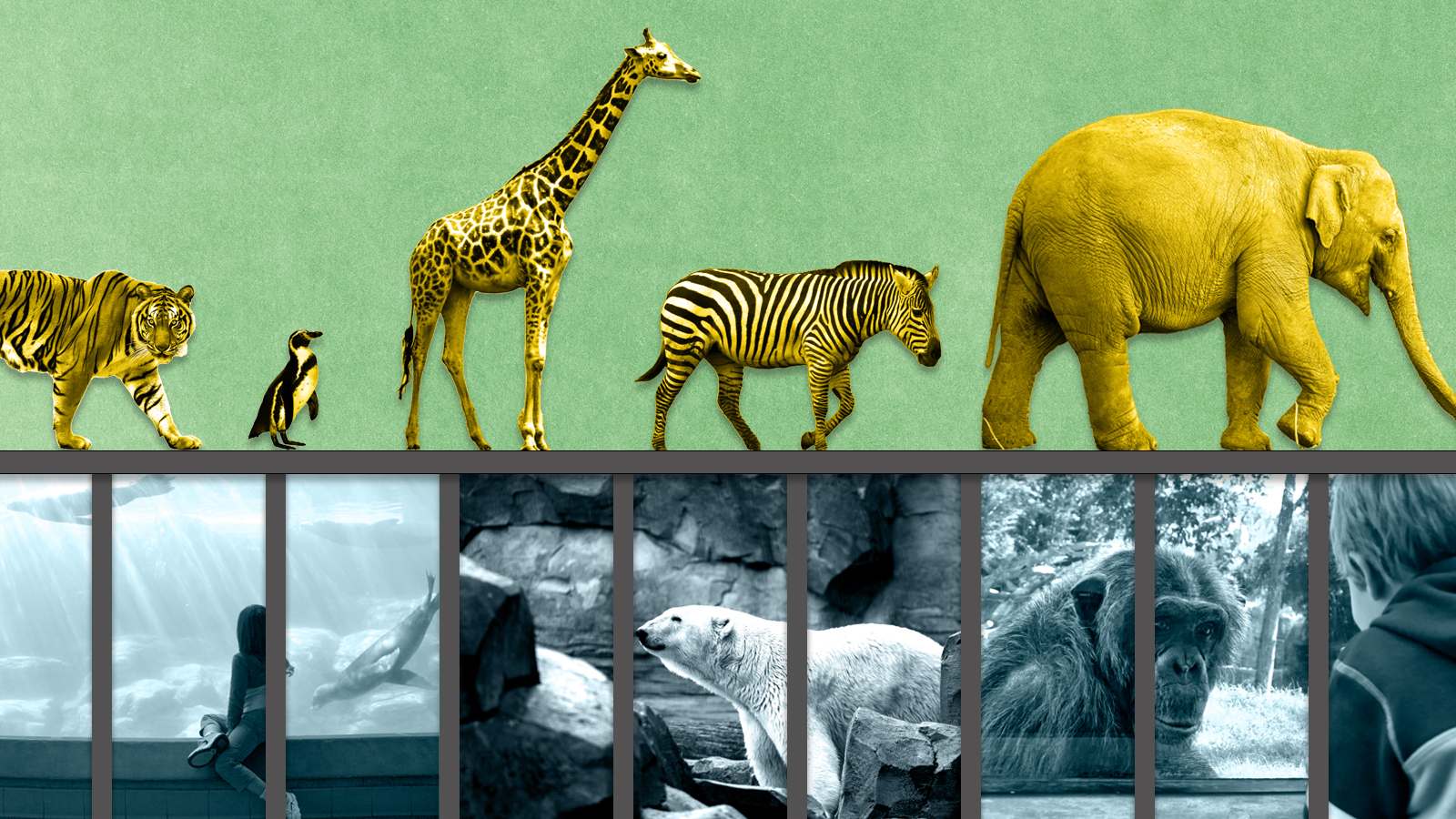 Are zoos ethical?
Are zoos ethical?The Explainer Examining the pros and cons of supporting these controversial institutions
-
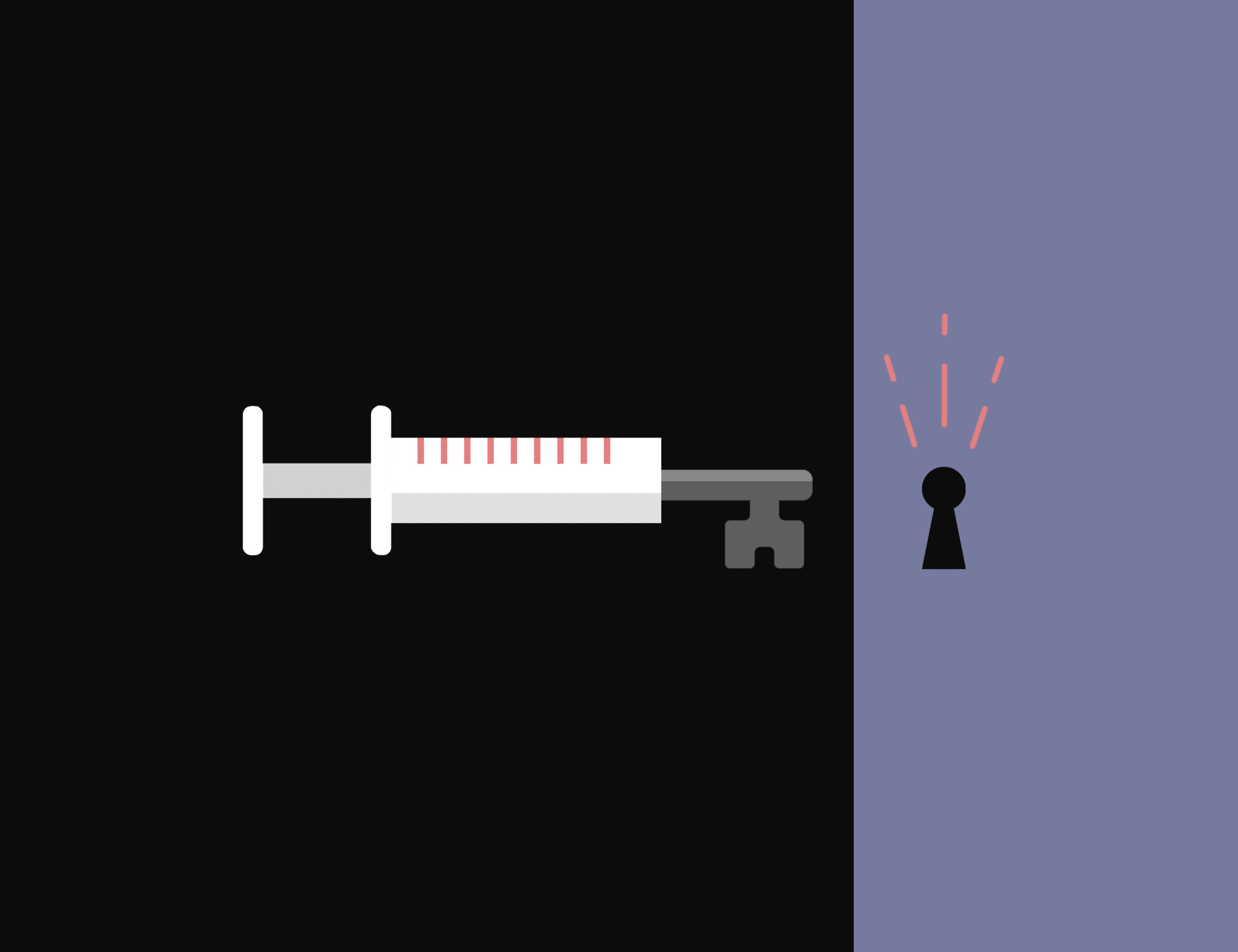 Will COVID-19 wind up saving lives?
Will COVID-19 wind up saving lives?The Explainer By spurring vaccine development, the pandemic is one crisis that hasn’t gone to waste
-
 Coronavirus vaccine guide: Everything you need to know so far
Coronavirus vaccine guide: Everything you need to know so farThe Explainer Effectiveness, doses, variants, and methods — explained
-
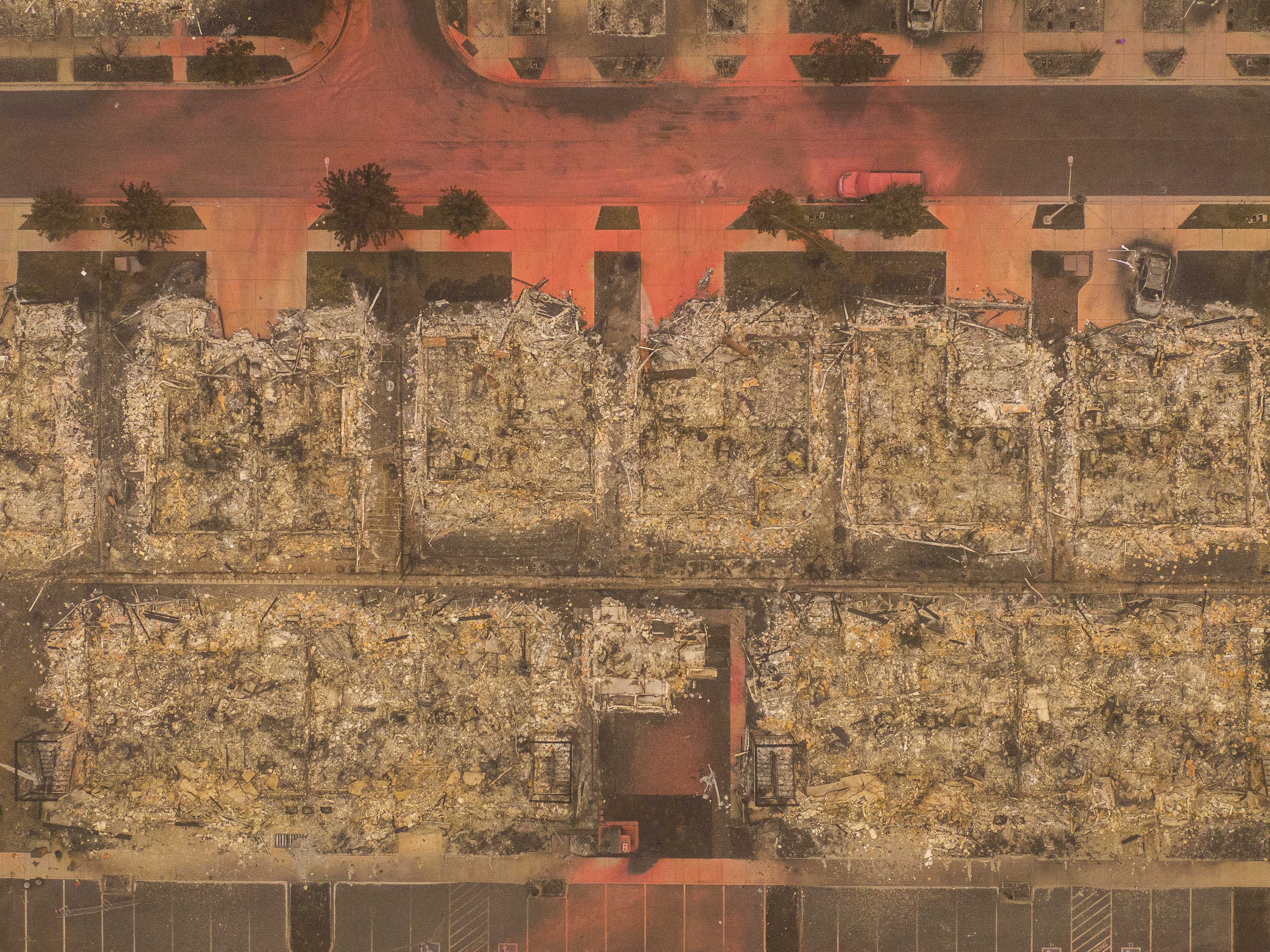 The climate refugees are here. They're Americans.
The climate refugees are here. They're Americans.The Explainer Wildfires are forcing people from their homes in droves. Where will they go now?
-
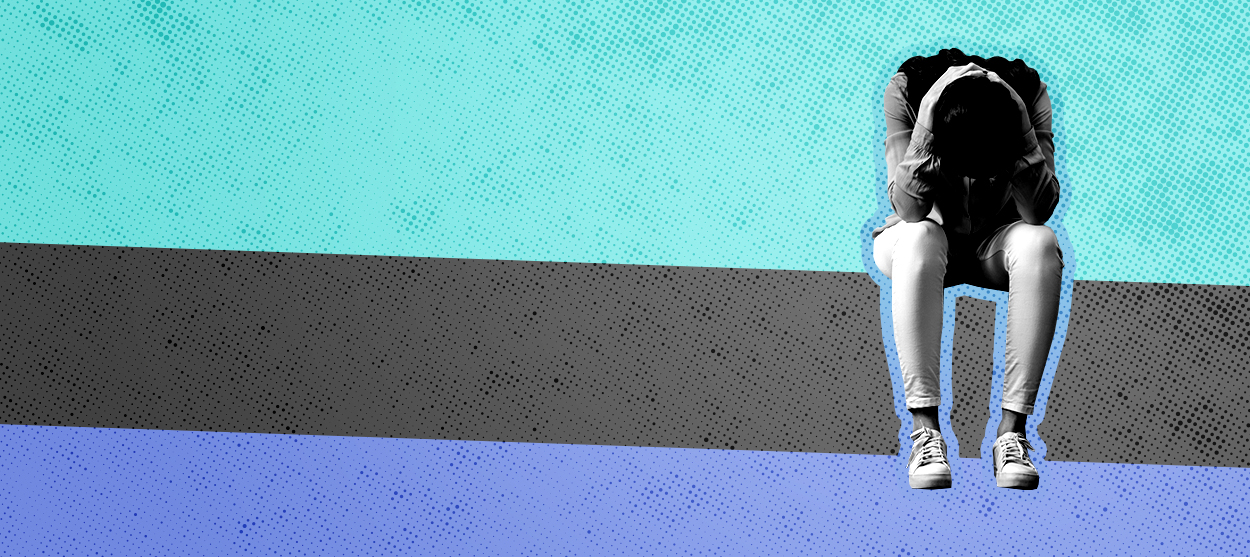 Coronavirus' looming psychological crisis
Coronavirus' looming psychological crisisThe Explainer On the coming epidemic of despair
-
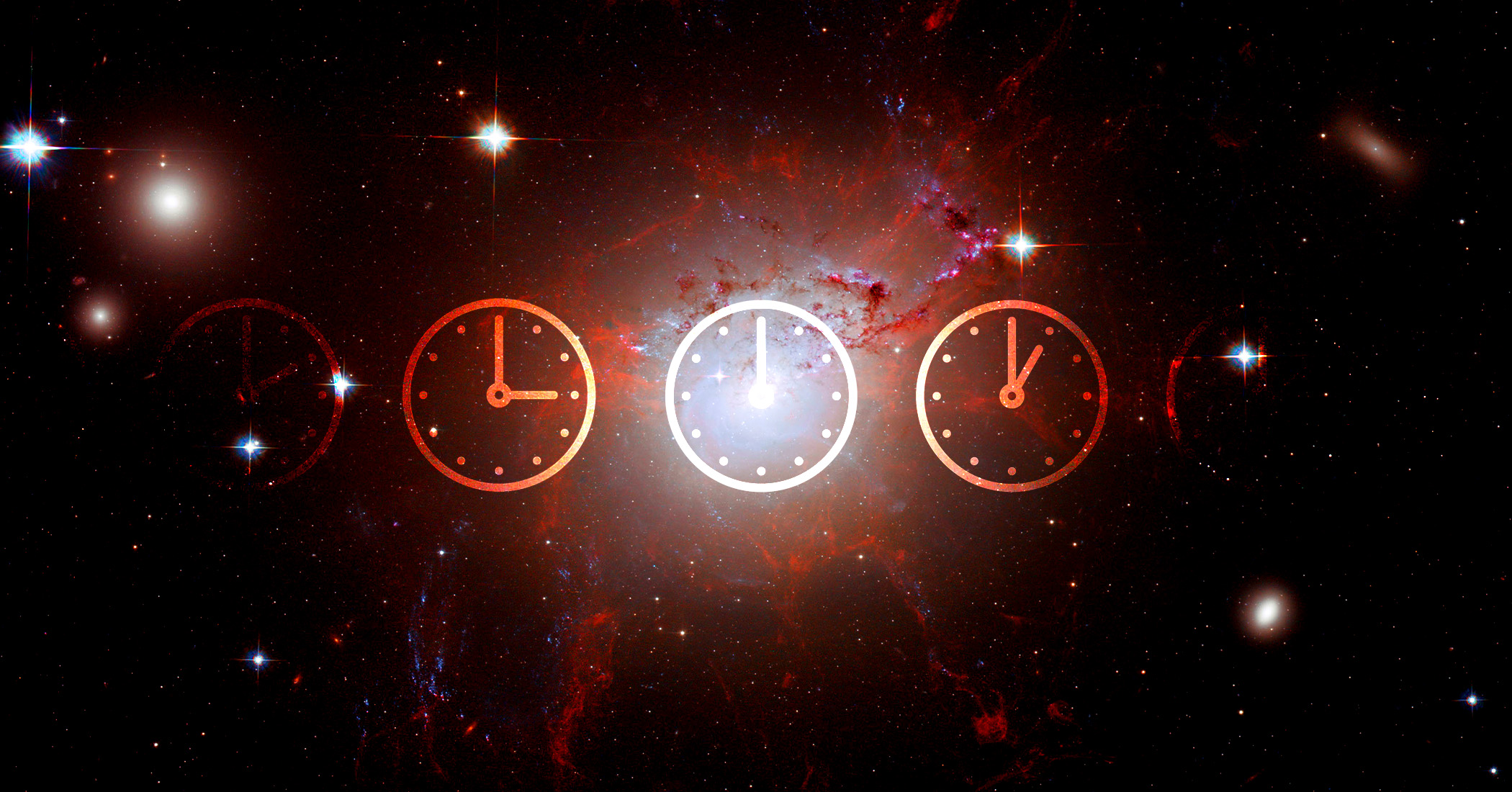 The growing crisis in cosmology
The growing crisis in cosmologyThe Explainer Unexplained discrepancies are appearing in measurements of how rapidly the universe is expanding
-
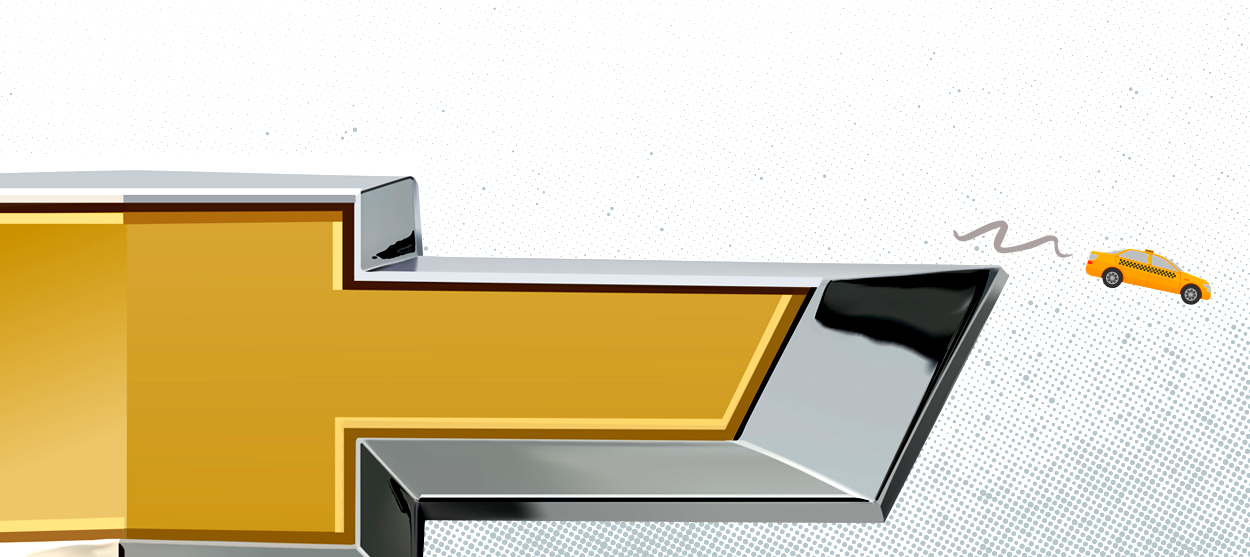 What if the car of the future isn't a car at all?
What if the car of the future isn't a car at all?The Explainer The many problems with GM's Cruise autonomous vehicle announcement
-
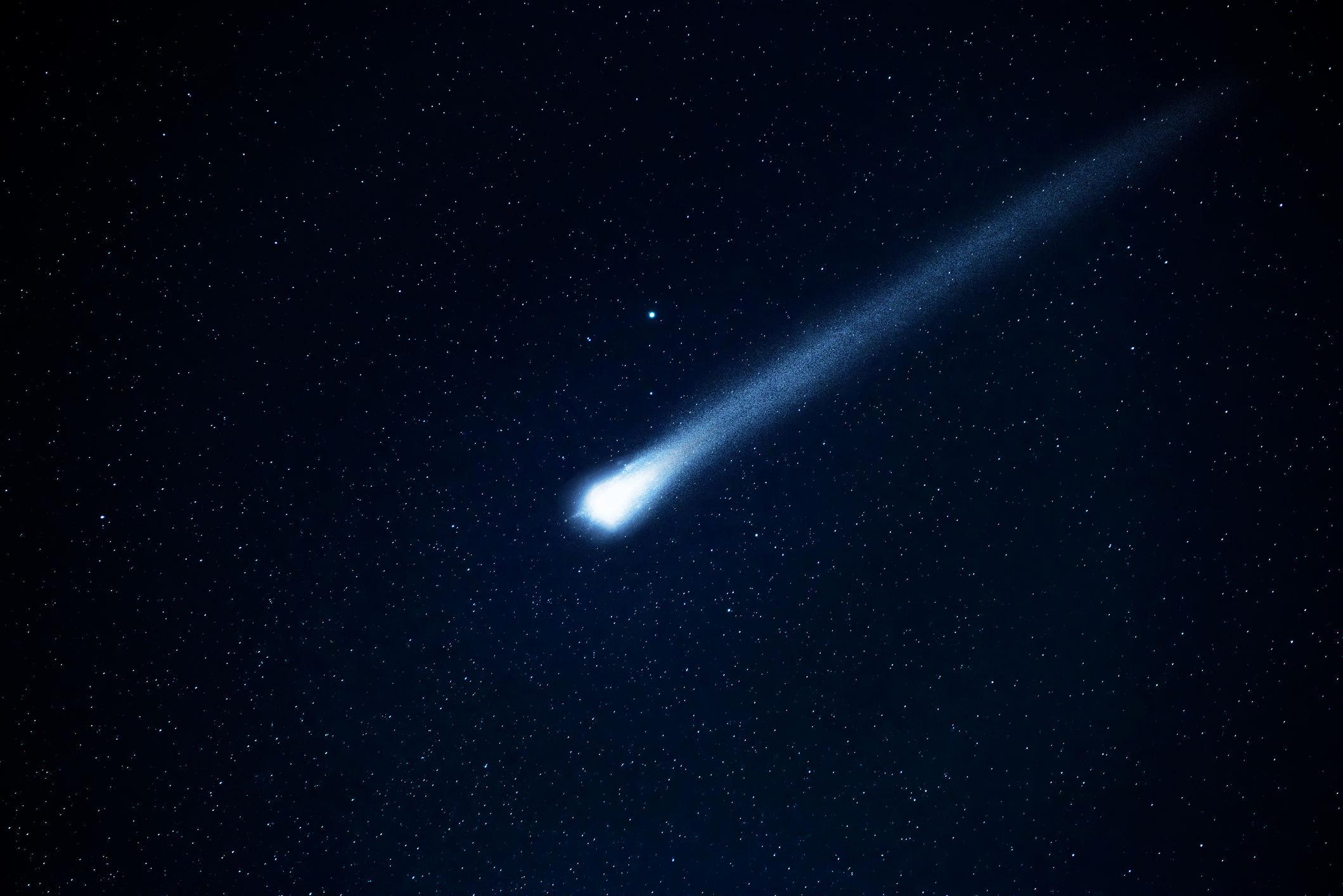 The threat of killer asteroids
The threat of killer asteroidsThe Explainer Everything you need to know about asteroids hitting Earth and wiping out humanity
